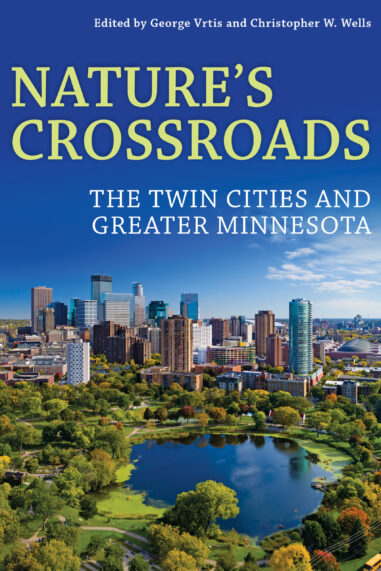Minnesota’s Twin Cities have long been powerful engines of change. From their origins in the early nineteenth century, the Twin Cities helped drive the dispossession of the region’s Native American peoples, turned their riverfronts into bustling industrial and commercial centers, spread streets and homes outward to the horizon, and reached well beyond their urban confines, setting in motion the environmental transformation of distant hinterlands. As these processes unfolded, residents inscribed their culture into the landscape, complete with all its tensions, disagreements, contradictions, prejudices, and social inequalities. These stories lie at the heart of Nature’s Crossroads. The book features an interdisciplinary team of distinguished scholars who aim to open new conversations about the environmental history of the Twin Cities and Greater Minnesota.




